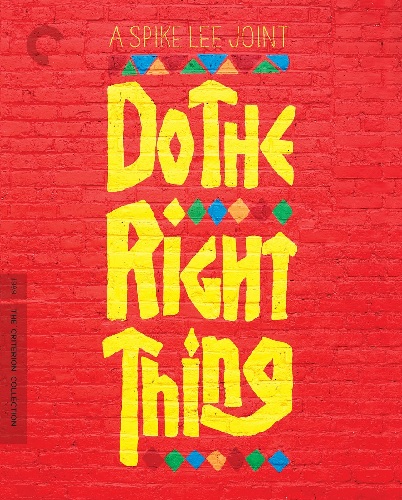by Rev. Dale Azevedo, Sr. Minister
“I do not understand my own actions. For I do not do what I want, but I do the very thing I hate.” – The Apostle Paul (Rom. 7:15)
Making healthy decisions is hard. Or, at the very least, acting on them is. Generally, I would argue that most of us know what the right thing to do is in any given circumstance. The problem is that we don’t do it!
Now, this isn’t entirely accurate. I’d like to think that most of us know what is right AND do it most of the time. But it’s the rest of the time that I’m talking about. That, maybe, 10-20% of the time when we really want to do the right thing, but don’t.
This is why I have always loved this quote from the Apostle Paul. Here is Paul, likely the greatest evangelist of the first century and certainly one of the greatest of all time, the same one who wrote most of the New Testament, confessing that even he cannot do what is right when it really counts. Paul doesn’t get into details in his letter the Romans (where he makes this confession) and it is probably good that he doesn’t. Some confessions are best kept out of a public sermon. But he does go on to say that in his mind, he knows what the right thing to do is. Only he cannot seem to make his body do it.
one who wrote most of the New Testament, confessing that even he cannot do what is right when it really counts. Paul doesn’t get into details in his letter the Romans (where he makes this confession) and it is probably good that he doesn’t. Some confessions are best kept out of a public sermon. But he does go on to say that in his mind, he knows what the right thing to do is. Only he cannot seem to make his body do it.
The other day I wasn’t feeling great. I had a bit of an upset stomach. Did that stop me from having a bowl of ice cream with chocolate sauce AND whipped cream as I settled in to watch TV? Heck no! Did the ice cream make me feel better? Did it settle my stomach? Did it bring my body the nutrients it needed? No to all of those! Fortunately, though, that was a minor transgression that did not lead to major consequences.
That’s not the case with all the decisions we make. Sometimes the ramifications of our poor decisions are significant. This can be the case with both major AND minor decisions. Minor decisions may take longer for the consequences to come to bear, and they may or may not be less extreme, but they can have significant consequences for us, those we love,  our broader communities, and even the world.
our broader communities, and even the world.
This is a big reason why God provided the commandments, not just the ten we hear about, but all 613 that are found through the first five books of the Bible. Frankly, God looked at what God had created and saw that it was no longer “good.”1 People needed direction because from the very moment of creation they made bad decisions, from Adam and Eve to Cain to Noah’s sons to Lot’s wife, to Abraham, to Joseph’s brothers…all the way down to Moses; where God said, “If you can’t figure it out yourselves, I’ll put it in black and white. I’ll make abundantly clear what is right and wrong!” And even then, we couldn’t figure it out and do what was right.
All of this brings me back to Paul, who goes on in his letter to the Romans to talk about the solution to this dilemma: God’s grace, through Christ, sets us free. And this freedom comes in two forms.
- The first freedom is forgiveness. God understands the dilemma and our weakness. God understands that, ultimately, we are not capable of perfection on our own. We will sin. Therefore, God provides forgiveness to allow us back into God’s “good graces” and a hope for our future.

- The second freedom is freedom from sin: That, through the power of the Holy Spirit we are offered the strength that we need to change, to not only know what is right and wrong, but also have the ability to follow through. Because often following through on what is right takes tremendous will and faith.
So how about it? Where are you struggling to do what is right these days? How are you finding it difficult to make healthy decisions about your life and your actions? Where are you falling short?
Are you aware that God offers you grace? That God forgives your transgressions? And, in the same breath, God calls you to grow, to improve, to change your ways? And not only that, but offers to help you do so?
Try to think of one area in your life this week that you would like to bring about change and make the conscious decision to find the help you need (within or outside yourself) to make that a reality.
1 The other, and often cited as primary, reason that God created the commandments was to set the Hebrews apart from the rest of the world’s population. Anyone could look at them and their actions and know they were different. They were doubly blessed. Blessed because they were chosen as an example and blessed because the benefits of following the law (i.e., making good decisions) was a healthy life and society.



